Well, here at Third Place, we are celebrating Independents' Day too. We are open, and ready to help with all your Fourth of July reading needs (Lake Forest Park until 6PM, and Ravenna until 4PM). Here a few suggestions if you're looking for some American History-themed reading:
Our Declaration: A Reading of the Declaration of Independence in Defense of Equality by Danielle Allen
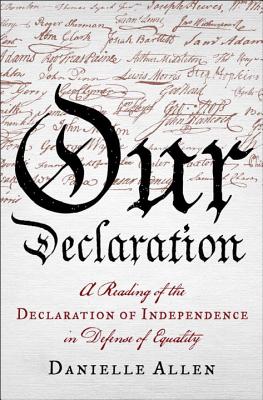 In just 1,337 words, the Declaration of Independence altered the course of history. Written in 1776, it is the most profound document in the history of government since the Magna Carta, signed nearly 800 years ago in 1215. Yet despite its paramount importance, the Declaration, curiously, is rarely read from start to finish much less understood.
In just 1,337 words, the Declaration of Independence altered the course of history. Written in 1776, it is the most profound document in the history of government since the Magna Carta, signed nearly 800 years ago in 1215. Yet despite its paramount importance, the Declaration, curiously, is rarely read from start to finish much less understood.Troubled by the fact that so few Americans actually know what it says, Danielle Allen, a political philosopher renowned for her work on justice and citizenship, set out to explore the arguments of the Declaration, reading it with both adult night students and University of Chicago undergraduates. Keenly aware that the Declaration is riddled with contradictions liberating some while subjugating slaves and Native Americans Allen and her students nonetheless came to see that the Declaration makes a coherent and riveting argument about equality. They found not a historical text that required memorization, but an animating force that could and did transform the course of their everyday lives. With its cogent analysis and passionate advocacy,
Our Declaration thrillingly affirms the continuing relevance of America s founding text, ultimately revealing what democracy actually means and what it asks of us.
A People's History of the United States: 1492 - Present by Howard Zinn
Known for its lively, clear prose as well as its scholarly research, A People's History of the United States is the only volume to tell America's story from the point of view of -- and in the words of -- America's women, factory workers, African-Americans, Native Americans, working poor, and immigrant laborers. This P.S. edition features an extra 16 pages of insights into the book, including author interviews, recommended reading, and more.
Book of Ages: The Life and Opinions of Jane Franklin by Jill Lepore
From one of our most accomplished and widely admired historians, a revelatory portrait of Benjamin Franklin’s youngest sister and a history of history itself. Like her brother, Jane Franklin was a passionate reader, a gifted writer, and an astonishingly shrewd political commentator. Unlike him, she was a mother of twelve.
Benjamin Franklin, who wrote more letters to his sister than he wrote to anyone else, was the original American self-made man; his sister spent her life caring for her children. They left very different traces behind. Making use of an amazing cache of little-studied material, including documents, objects, and portraits only just discovered, Jill Lepore brings Jane Franklin to life in a way that illuminates not only this one woman but an entire world—a world usually lost to history. Lepore’s life of Jane Franklin, with its strikingly original vantage on her remarkable brother, is at once a wholly different account of the founding of the United States and one of the great untold stories of American history and letters: a life unknown.
Bury My Heart at Wounded Knee: An Indian History of the American West by Dee Brown
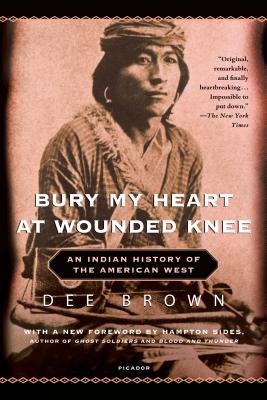 Immediately recognized as a revelatory and enormously controversial book since its first publication in 1971, Bury My Heart at Wounded Knee is universally recognized as one of those rare books that forever changes the way its subject is perceived. Now repackaged with a new introduction from bestselling author Hampton Sides to coincide with a major HBO dramatic film of the book, Bury My Heart at Wounded Knee.
Bury My Heart at Wounded Knee is Dee Brown’s classic, eloquent, meticulously documented account of the systematic destruction of the American Indian during the second half of the nineteenth century. A national bestseller in hardcover for more than a year after its initial publication, it has sold over four million copies in multiple editions and has been translated into seventeen languages.
Immediately recognized as a revelatory and enormously controversial book since its first publication in 1971, Bury My Heart at Wounded Knee is universally recognized as one of those rare books that forever changes the way its subject is perceived. Now repackaged with a new introduction from bestselling author Hampton Sides to coincide with a major HBO dramatic film of the book, Bury My Heart at Wounded Knee.
Bury My Heart at Wounded Knee is Dee Brown’s classic, eloquent, meticulously documented account of the systematic destruction of the American Indian during the second half of the nineteenth century. A national bestseller in hardcover for more than a year after its initial publication, it has sold over four million copies in multiple editions and has been translated into seventeen languages.Using council records, autobiographies, and firsthand descriptions, Brown allows great chiefs and warriors of the Dakota, Ute, Sioux, Cheyenne, and other tribes to tell us in their own words of the series of battles, massacres, and broken treaties that finally left them and their people demoralized and decimated. A unique and disturbing narrative told with force and clarity, Bury My Heart at Wounded Knee changed forever our vision of how the West was won, and lost. It tells a story that should not be forgotten, and so must be retold from time to time.
Bunker Hill: A City, a Siege, a Revolution by Nathaniel Philbrick
Boston in 1775 is an island city occupied by British troops after a series of incendiary incidents by patriots who range from sober citizens to thuggish vigilantes. After the Boston Tea Party, British and American soldiers and Massachusetts residents have warily maneuvered around each other until April 19, when violence finally erupts at Lexington and Concord. In June, however, with the city cut off from supplies by a British blockade and Patriot militia poised in siege, skirmishes give way to outright war in the Battle of Bunker Hill. It would be the bloodiest battle of the Revolution to come, and the point of no return for the rebellious colonists.
Philbrick brings a fresh perspective to every aspect of the story. He finds new characters, and new facets to familiar ones. The real work of choreographing rebellion falls to a thirty-three year old physician named Joseph Warren who emerges as the on-the-ground leader of the Patriot cause and is fated to die at Bunker Hill. Others in the cast include Paul Revere, Warren’s fiancé the poet Mercy Scollay, a newly recruited George Washington, the reluctant British combatant General Thomas Gage and his more bellicose successor William Howe, who leads the three charges at Bunker Hill and presides over the claustrophobic cauldron of a city under siege as both sides play a nervy game of brinkmanship for control.
The New Jim Crow: Mass Incarceration in the Age of Colorblindness by Michelle Alexander
Once in a great while a book comes along that changes the way we see the world and helps to fuel a The New Jim Crow is such a book. Praised by Harvard Law professor Lani Guinier as "brave and bold," this book directly challenges the notion that the election of Barack Obama signals a new era of colorblindness. With dazzling candor, legal scholar Michelle Alexander argues that "we have not ended racial caste in America; we have merely redesigned it." By targeting black men through the War on Drugs and decimating communities of color, the U.S. criminal justice system functions as a contemporary system of racial control—relegating millions to a permanent second-class status—even as it formally adheres to the principle of colorblindness. In the words of Benjamin Todd Jealous, president and CEO of the NAACP, this book is a "call to action."
nationwide social movement.
Called "stunning" by Pulitzer Prize-winning historian David Levering Lewis, "invaluable" by the Daily Kos, "explosive" by Kirkus, and "profoundly necessary" by the Miami Herald, this updated and revised paperback edition of The New Jim Crow, now with a foreword by Cornel West, is a must-read for all people of conscience.
Have a safe and happy Fourth!

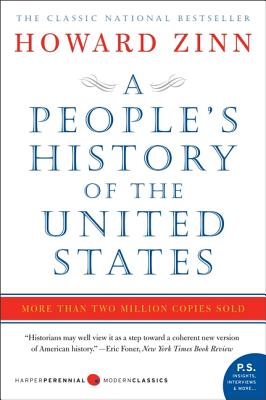
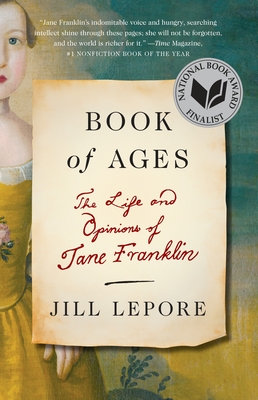

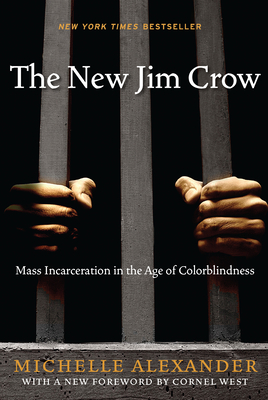
No comments:
Post a Comment